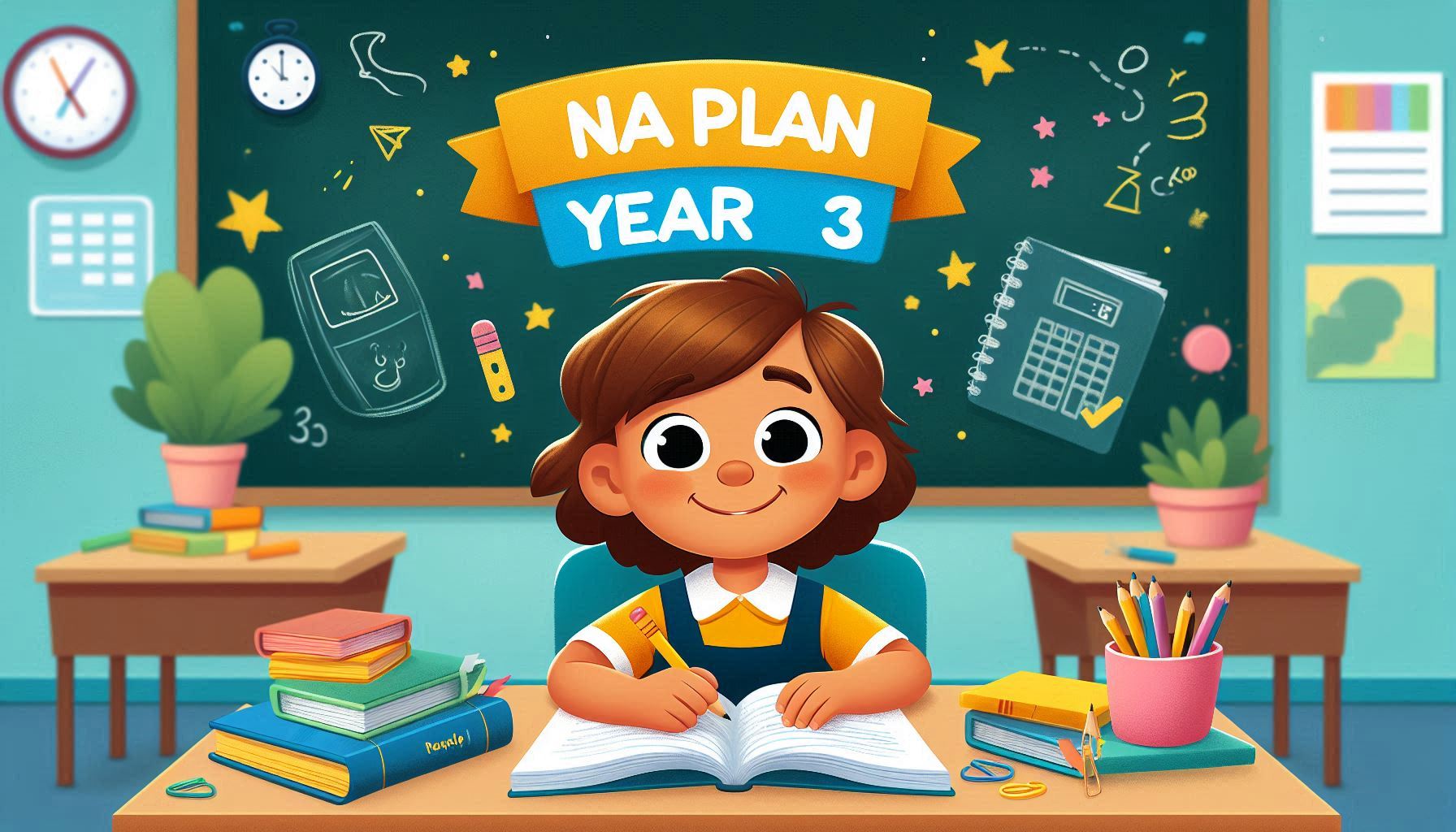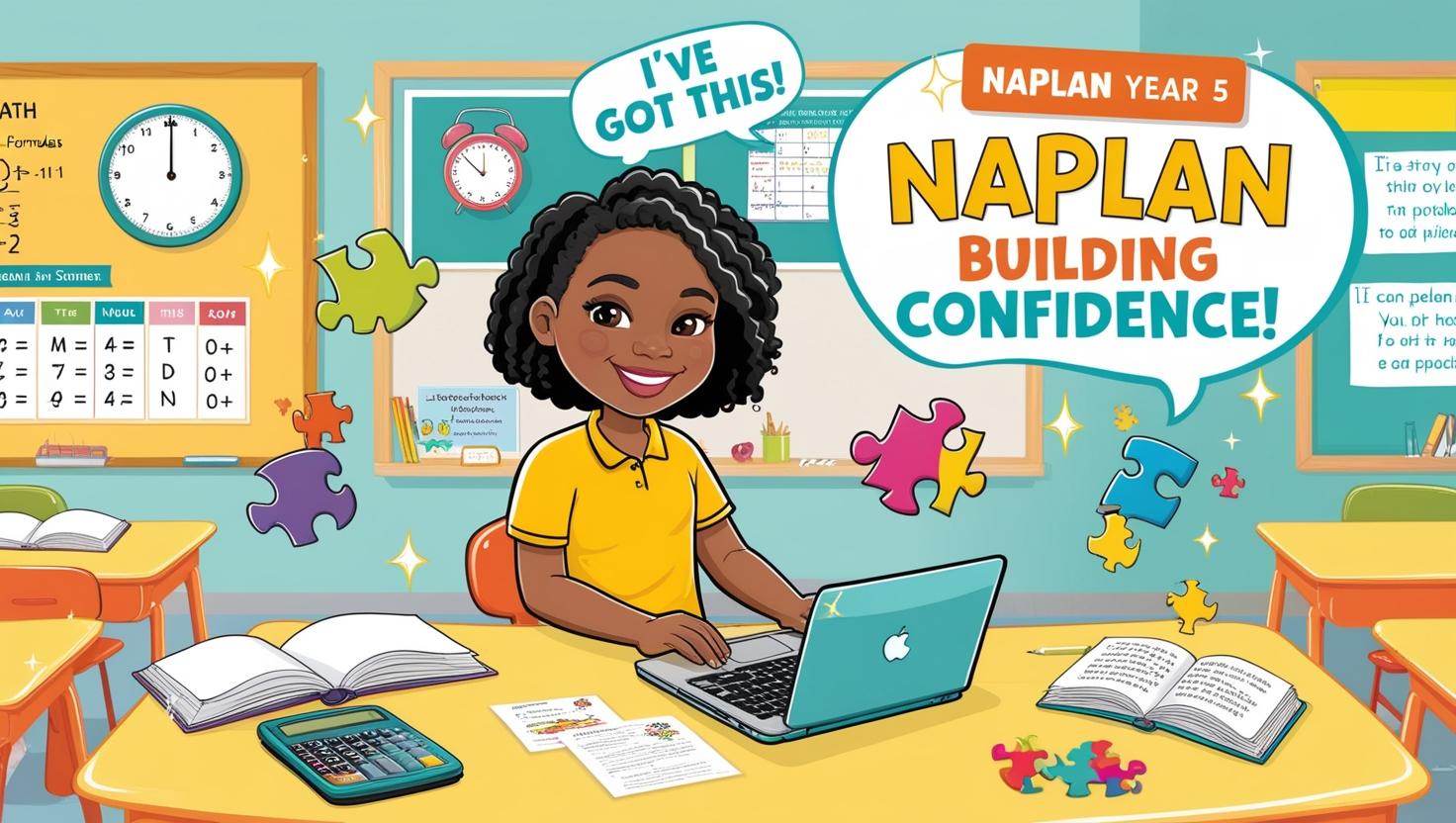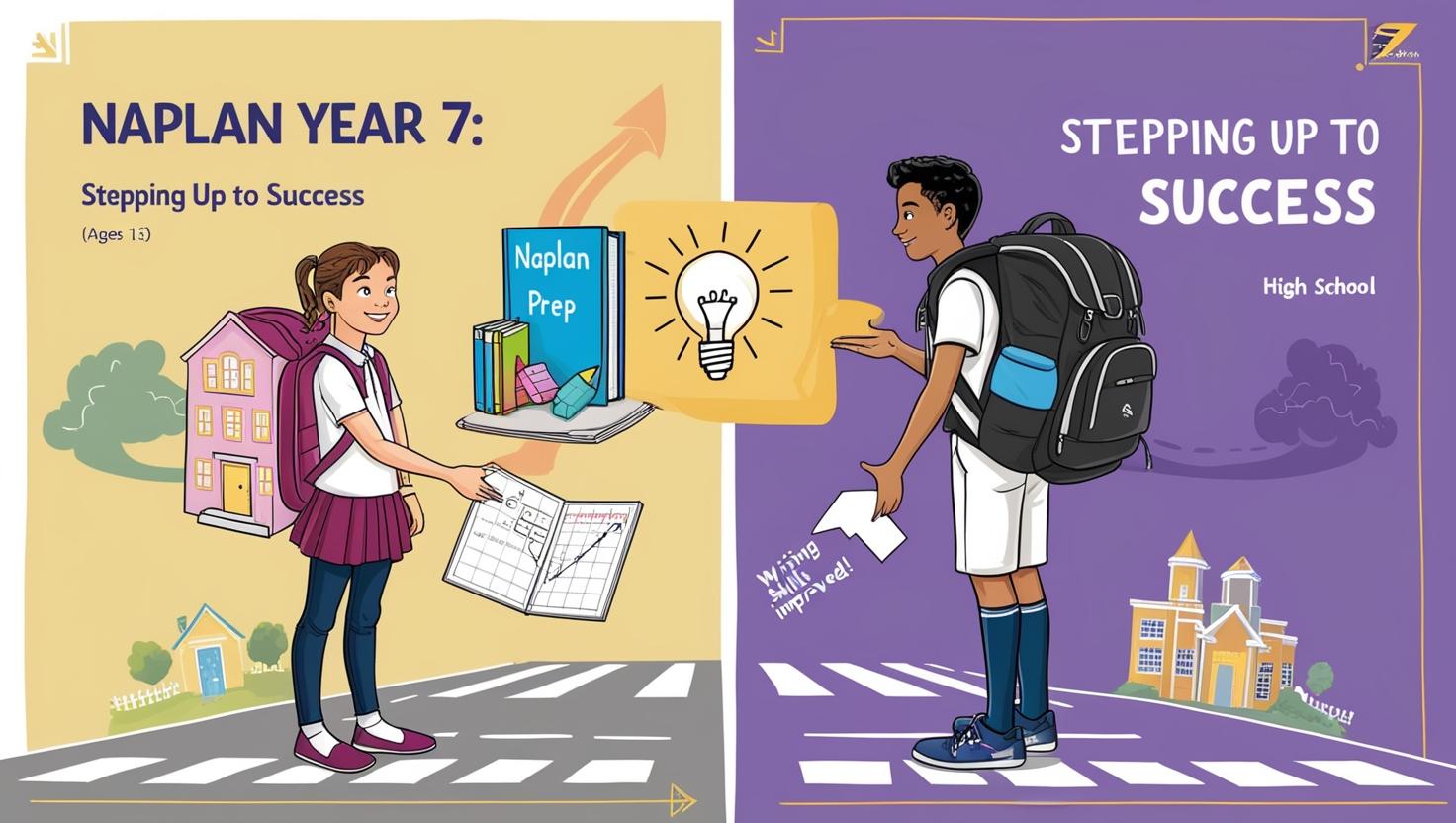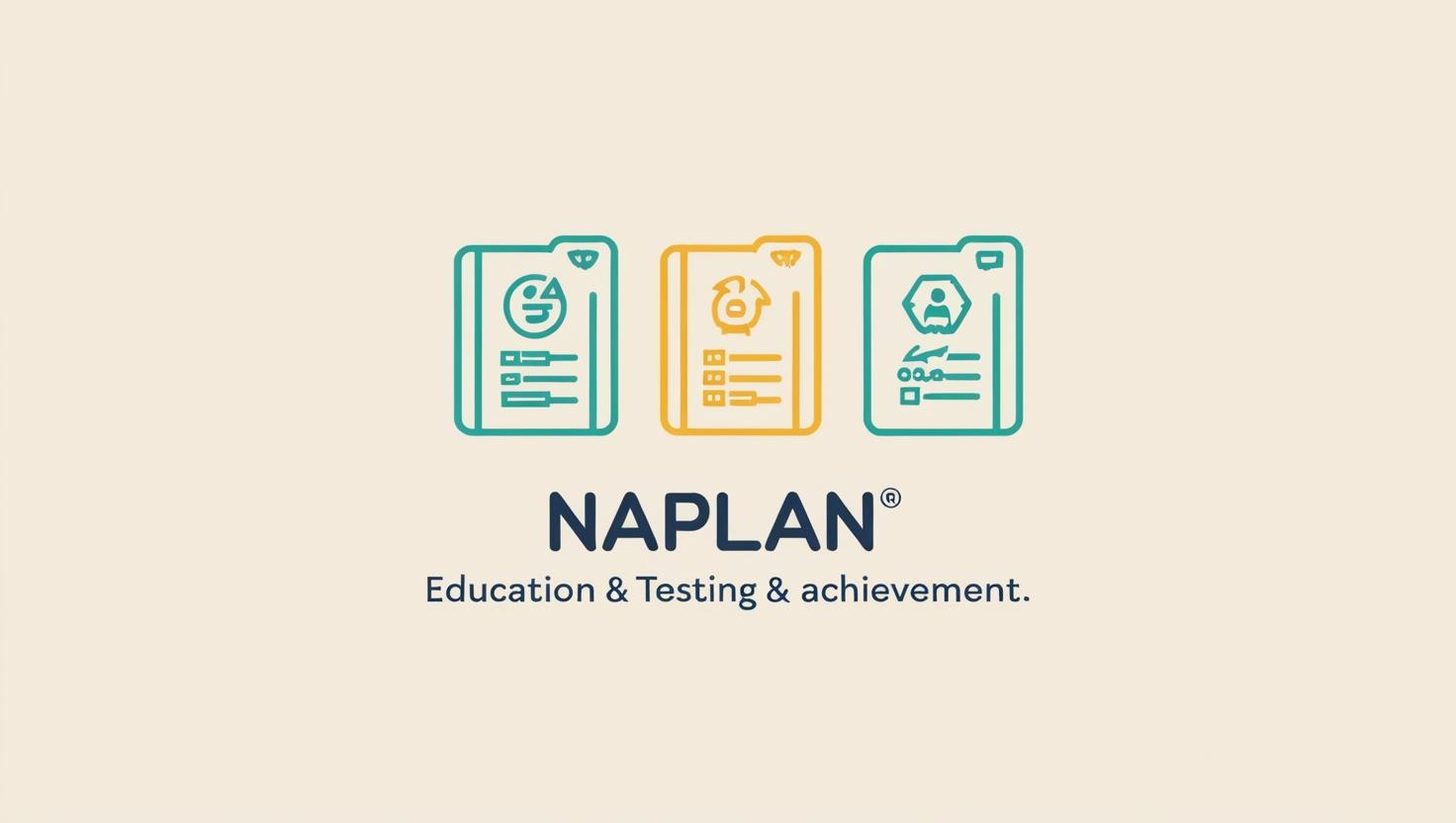· TopTierMaths · NAPLAN · 2 min read
NAPLAN Year 9 Test - Advanced Skills and Preparation
Discover what the Year 9 NAPLAN involves, including deep dives into reading comprehension, writing sophistication, language conventions, and numeracy strategies.

Introduction
The Year 9 NAPLAN test represents the final standardized check-in before students move on to senior secondary schooling. At this stage, the tasks become more challenging and are designed to assess higher-order thinking skills. Performance can indicate how well a student is prepared for the complexities of upper high school curricula and beyond.
Test Components
Year 9 students are tested in:
Reading
- Complex, lengthy passages drawn from fiction, non-fiction, and sometimes opinion pieces.
- Requires critical thinking, inference, and the ability to synthesize information.
- Questions may ask about implicit meanings, author bias, and text analysis.
Writing
- A narrative or persuasive prompt, where students must display mature reasoning, coherent arguments or storylines, and an advanced range of vocabulary.
- The writing should reflect critical thinking, persuasive skills (if applicable), and mastery of language conventions.
Language Conventions
- Spelling: Includes more sophisticated, less common words.
- Grammar & Punctuation: Students may be tested on complex sentence constructions, correct usage of advanced punctuation, and nuance in grammar.
Numeracy
- Involves more complex algebra, geometry, data analysis, and problem-solving.
- Students need to apply logical reasoning to multi-step problems.
- Must demonstrate both foundational math skills and the ability to tackle unfamiliar or complex questions.
Preparation Strategies
Enhance Analytical Reading
- Read diverse materials: editorials, research summaries, advanced literature.
- Engage in discussions about themes, arguments, and writing style.
Elevate Writing Skills
- Focus on structure, argument clarity, and refining vocabulary.
- Rewrite and edit drafts to practice precision and brevity.
Practise Grammar and Editing
- Review advanced grammar rules (e.g., subjunctive mood, parallel construction).
- Edit sample essays to improve fluency and clarity.
Tackle Higher-Level Math
- Work through algebraic equations, coordinate geometry, and data interpretation.
- Solve real-life application problems, such as budgeting or probability scenarios.
Simulate Test Conditions
- Complete past NAPLAN papers under strict time limits.
- Identify weak spots and develop a strategy for each section.
Supporting Students
- Goals and Planning: Set short-term targets for reading and math practice.
- Balanced Approach: Combine study time with extracurricular interests to keep motivation high.
- Build Confidence: Acknowledge achievements in mock tests and highlight progress.
Conclusion
Year 9 NAPLAN is a pivotal checkpoint that helps students gauge their readiness for senior years. By adopting structured study habits, diversifying reading materials, refining writing skills, and practicing advanced numeracy, students can meet these challenges head-on. With the right preparation, this assessment becomes an invaluable stepping stone to academic success beyond Year 9.



